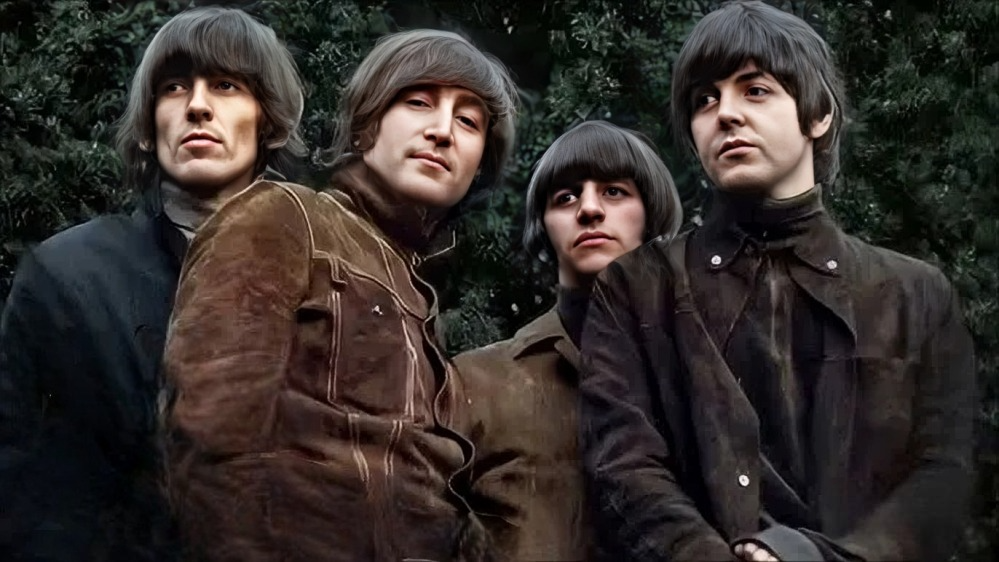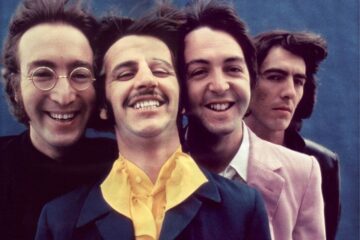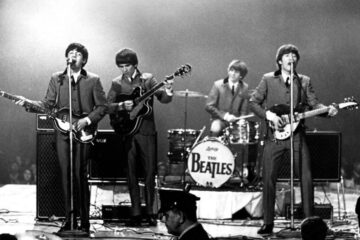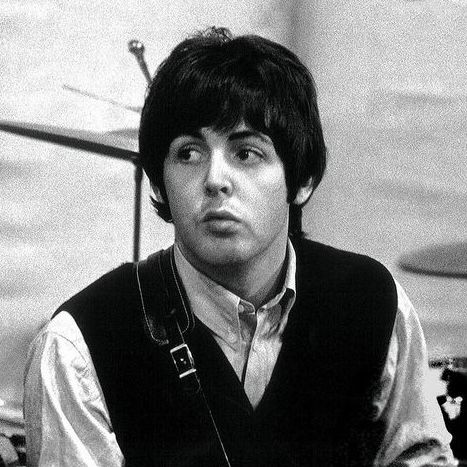The age-old debate of The Beatles vs. The Rolling Stones continues to thrive as one of music’s most passionate rivalries. Like choosing between tea or coffee, fans are eternally split on which band reigns supreme in the pantheon of British Invasion royalty.
Even Paul McCartney has weighed in over the years, famously describing The Rolling Stones as a “blues cover band” while asserting The Beatles’ superiority. Mick Jagger, never one to shy away from a retort, humorously noted that the Stones, unlike The Beatles, are still actively performing, now on their 123rd tour.
Despite these playful jabs, the mutual admiration between the two bands is undeniable. “We were great friends, still are kind of. We admire each other,” McCartney has shared. “The Stones are a fantastic group. I go see them every time they’re out. They’re a great, great band.”
Among the ways the two bands inspired each other, The Beatles’ Rubber Soul album stands out as a testament to their growth and willingness to experiment. Released in 1965, the album marked a turning point in their career, showcasing a deeper, more introspective style. Even the album’s iconic cover, featuring a stretched photo, signified the band’s artistic evolution.
McCartney recalled the serendipitous creation of the cover: “The photographer, Robert Freeman, projected slides of us onto cardboard the size of an album cover. When the card tilted backward, the photo elongated. We saw it and said, ‘That’s it, Rubber So-o-oul!’”
The album’s title also carries a subtle nod to a comment about The Rolling Stones. McCartney revealed that it was inspired by an American bluesman who once described Jagger’s sound as “plastic soul.” Initially considering that as the album title, The Beatles decided to soften the phrase and opted for Rubber Soul, blending humor with introspection.
The resulting album not only captured The Beatles’ maturing artistry but also stood as a quiet response to criticism. It showcased their commitment to authenticity and underscored their role as innovators rather than imitators.
Through the years, both bands have acknowledged their influence on each other. However, Rubber Soul remains a fascinating chapter where a casual remark about Mick Jagger sparked one of The Beatles’ most celebrated works—highlighting the interplay of rivalry and camaraderie that defined an era.



